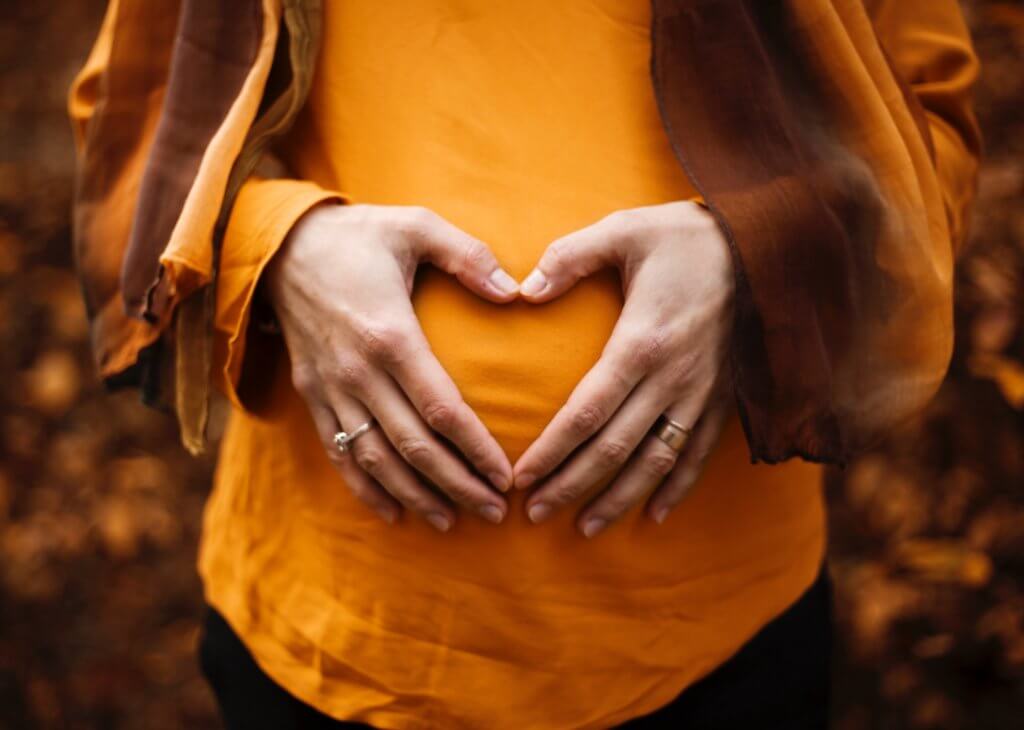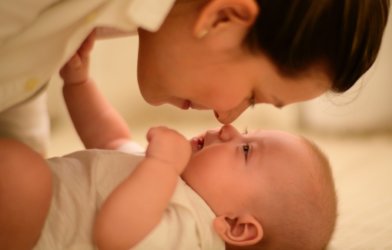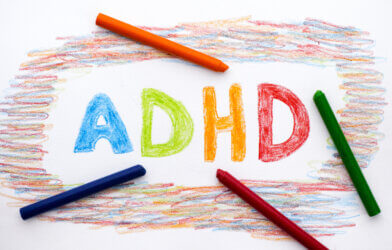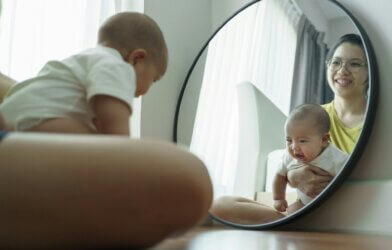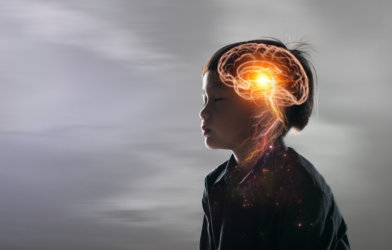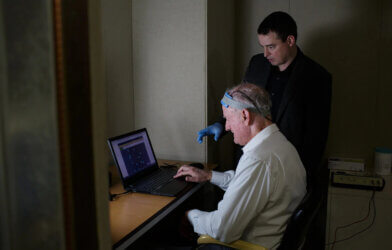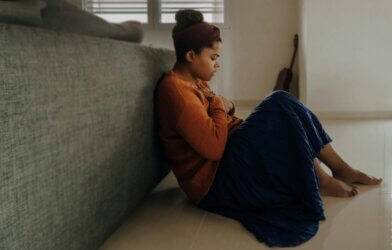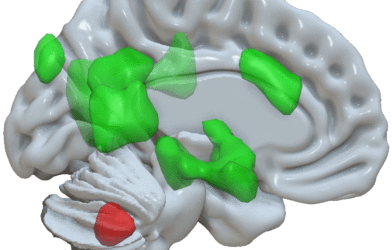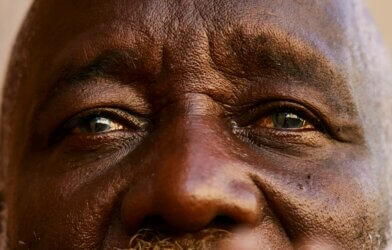Could an expectant mother’s blood dictate whether or not her child will have autism? Two new studies are shedding light into a specific type of the condition that is believed to originate from proteins in a pregnant woman’s blood. The studies were conducted at the University of California Davis MIND Institute.
A form of autism known as maternal autoantibody-related autism spectrum disorder or MAR ASD occurs when a mother’s autoantibodies cross the placenta and interfere with a fetus’ developing brain. Study authors were able to pick up on a pattern in the blood that “successfully predicts autism in previously diagnosed children.”
Researchers tested maternal blood samples of 540 mothers of children with autism, 184 mothers of children with intellectual disability but no autism, and 420 general population mothers of children with no known autism or intellectual disability. The blood samples were collected during pregnancy to see if they could validate the identified patterns and if those patterns could accurately predict autism in children.
“Previously, we identified nine patterns linked to MAR ASD. In this study, we wanted to check the accuracy of these patterns in predicting MAR ASD. To do that, we tested plasma from pregnant mothers, collected by the Early Markers for Autism (EMA) study,” explains Judy Van de Water, the study’s senior author and professor of immunology and neurodevelopment at University of California Davis, in a statement.
Of the blood samples collected, researchers found reactivity to at least one of the nine MAR ASD patterns in 10% of the autistic group, 4% of the intellectual disability group and 1% of the general population group. The study also reveals that four patterns were present only in mothers whose children were later diagnosed with autism. Researchers say, because of that, it made those particular antibody patterns highly predictive.
According to the MIND Institute, “a mother with reactivity to any one of the nine MAR ASD patterns has around eight times the chance of having an autistic child.”
A separate study identified MAR ASD in Pennsylvania and Arkansas after previous research found that subtype of autism in 20% of a Northern California sample of autistic children. This is the first time this type of autism has been studied outside of California.
Kathleen Angkustsiri, this study’s lead author and associate professor of developmental-behavioral pediatrics at UC David Children’s Hospital and the MIND Institute, studied 68 mothers of autistic children between the ages of 2 and 12. The mothers provided blood samples and filled out behavioral questionnaires about their children in two new clinical sites: the Children’s Hospital of Philadelphia (CHOP) and Arkansas Children’s Hospital and Research Institute (ACHRI).
This specific study found MAR ASD present in 21% of CHOP’s and 26% of ACHRI’s samples. Researchers also found that 23.5% of the blood samples were considered MAR positive.
“Our study showed similar MAR ASD frequencies in two other states similar to what we observed in Northern California,” says Angkustsiri. “This suggests that the prevalence of MAR ASD is consistent across different demographics and geographic settings.”
Angkustsiri’s study also revealed that children of mothers with MAR-positive antibodies had higher autism severity scores than those of MAR-negative mothers.
“MAR ASD positivity may be linked to more severe autism behaviors,” says Angkustsiri.
Van de Water’s study is published in Molecular Psychiatry while Angkustsiri’s study was published in The Journal of Developmental and Behavioral Pediatrics.
